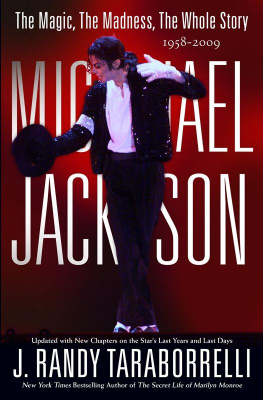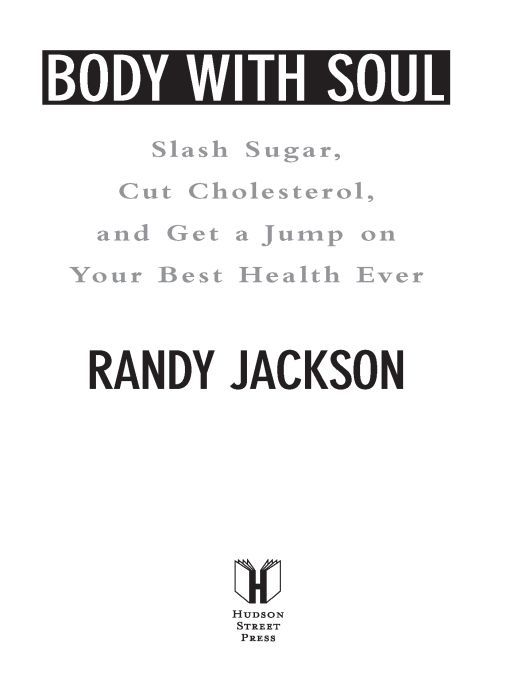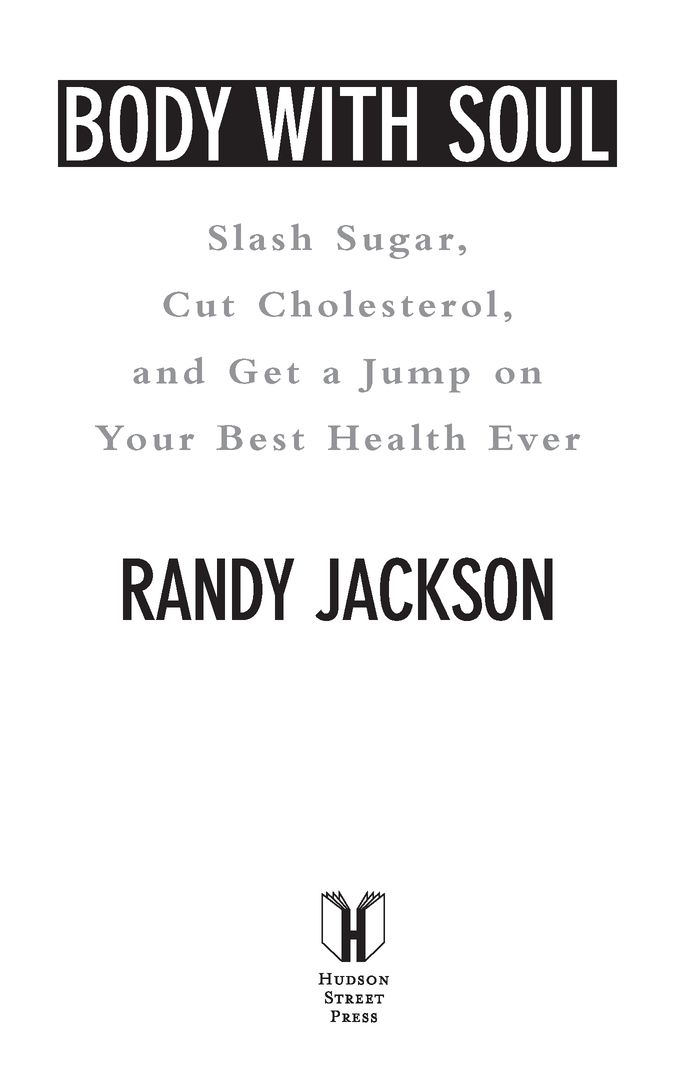Table of Contents
This book is dedicated to all of the people who have struggled with weight loss and are continuing to do so in an effort to obtain optimal health. I love you! Continue the fight; were all in this together. Keep hope alive and never forget that what you put into it is what youll get out of it.
FOREWORD
Nearly two-thirds of adults and one-third of children in the United States are overweight or obese. There are 21 million Americans with diabetes; 54 million more have something called pre-diabetes, and most of them will develop diabetes if they dont change the way they live their lives. While it is easy for health care providers to simply tell people to change, those words do not enable people to magically lose weight and reduce their health risk. What is needed instead is for people to focus on the barriers that have kept them from losing weight in the past, to find an example to follow, and to put into place a plan that lasts a lifetimenot just a month or two. Randy Jacksons Body with Soul delivers on all those accounts. Randy takes the reader on his long odyssey, sharing what has worked for him and how it can be turned into success for others. In Body with Soul, Randy inspires, instructs, and instills the confidence needed to help people struggling with their weight find their own way to living a healthy lifestyle.
I met Randy in 2004, when he contacted me at Childrens Hospital Los Angeles to find out more about diabetesand particularly the increase in type 2 diabetes, or what used to be called adult-onset diabetes, now occurring in record numbers of youth. He told me he was worried about our nations children since so many had already developed unhealthy lifestyle habits and obesity. He was worried that children were starting to compile risk factors for cardiovascular disease, that they had sleep apnea, depression, risk for certain cancers, and stress on their joints and bones. He was concerned about the statement from authorities suggesting that this generation of Americans might not live as long as their parents and that one in three children born in the year 2000 and beyond will develop diabetes in their lifetimes if things dont change. Randy told me he knew from personal experience the diagnosis of diabetes was devastating, and that by the time someone developed diabetes it was almost too late. He told me in no uncertain terms that he wanted to do something, and to use his personal story and tremendous celebrity to make a difference. And that is exactly what he has done.
Randy immediately got involved with local childhood obesity prevention and treatment programs in Los Angeles; in fact, he helped secure funding for some of my own research in low-income neighborhoods in east and south Los Angeles. He worked at the national level as well, making video appearances to inspire youth to become more active and choose healthier foods. In each effort, he used himself as an example, an example of what went wrong, but how its possible, even for an old dawg like him, to change. And in each instance, his message resonated with the youth he talked to who appreciated his honesty and sincerity.
Randy has written a phenomenal book. He lays out the simple truth: you can try fad diets and fancy exercise programs, you can spend a ton of money, and you can often succeed, but only for a limited amount of time, if that. Long-term success can only come when healthy habits become lifetime habits, when you make gradual changes that become the basis of how you live your life. Start small and build up over time. Add one good habit onto the next, and if you fall off the wagon, pick yourself up, dust yourself off, and get back on again. Learn moderation, and keep your eye on the ultimate reward: your own good health. And when you need to, just think of Randy and how, in the midst of temptation everywhere, he found the will to take control of his health and say noto say no to obesity, to diabetes, and to suffering.
Randy has inspired me to get out there every day and make a difference, he has inspired the contestants on American Idol to give their best, and I know he can inspire you to do what you need to do to be a healthy, productive member of our world and live life to the fullest.
Francine R. Kaufman, M.D.
Distinguished Professor of Pediatrics and Communications; The Keck School of Medicine and the Annenberg School of Communications of the University of Southern California; Head, Center for Diabetes, Endocrinology, and Metabolism, Childrens Hospital Los Angeles; Past President, the American Diabetes Association
INTRODUCTION
Ill meet you at the emergency room.
There are a few things you hope youll never hear a doctor say, and that is definitely one of them. But there I was, on an otherwise uneventful day back in 1999, listening to those very same words over the phone. Actually, I was a little relieved. For five long days I had been feeling sick in the craziest kind of wayextremely tired, extremely thirsty, all sweaty and dizzy. It felt like I had a really bad cold or the flu, and although I had taken everything from aspirin to cold medicine to try and make myself feel better, nothing had helped. At least now I was going to find out what was wrong with me, even if it meant a trip to the hospital. Lets see whats going on, said my doctor.
What was going on, it turned out, was diabetes.
My wife, Erika, and I drove over to the hospital and waited for my doctor to arrive. If youve ever been to the emergency room, you know its a nasty place with all kinds of frightening stuff going on. In comparison with some of the casualties coming inbroken arms, bleeding headsI thought my situation was pretty mild. I figured Id breeze in and out of there, maybe with a prescription for antibiotics or something simple like that. When my doctor got to the hospital, Erika and I were whisked off to a room, and the nurses went to work, checking my blood pressure and sticking me with needles. My doctor had ordered a series of tests, including one that would determine the level of sugar in my blood. A short time later, I got the bad news. Its kind of what I thought, my doctor told me. You have type 2 diabetes. Your blood sugar is over 500.
To give you some idea of how scary that is, normal blood sugar readings are in the low hundreds. Mine was five times that. Damn, I had that sugar. Thats what they call diabetes where I come from: sugar. I could hear them now. Boy, you got that sugar.
I shouldnt have been shocked to learn that I had diabetes, but I was. Yes, I was carrying about 350 pounds on my five-foot-eleven frame and both my parents had had the disease, two factors that put you at risk for type 2 diabetes. But these things always happen to somebody else, right? Even though, over the years, doctors had told me to watch it, to eat better and exercise more, I was really only listening to one voicemy own. And I was telling myself solely what I wanted to hear, which was that I was doing okay. Id look in the mirror but not accept what I saw. Youre still hot! Id tell myself. But heres the reality: the route I was traveling on had a big, red, blinking sign by the side of the road, reading Diabetes AheadTake the Detour! Still, I just kept on driving in the same direction I always had.
There are certain words that can rock your world: I do. Its a girl. This is American Idol



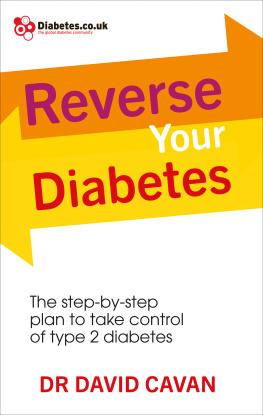
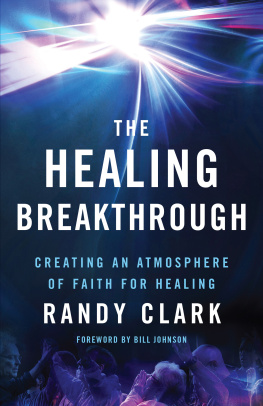

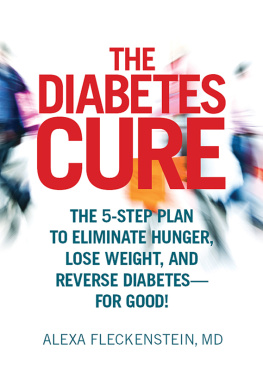

![Sheri Colberg-Ochs [SHERI R COLBERG] - The 7 step diabetes fitness plan : living well and being fit with diabetes, no matter your weight](/uploads/posts/book/102363/thumbs/sheri-colberg-ochs-sheri-r-colberg-the-7-step.jpg)

